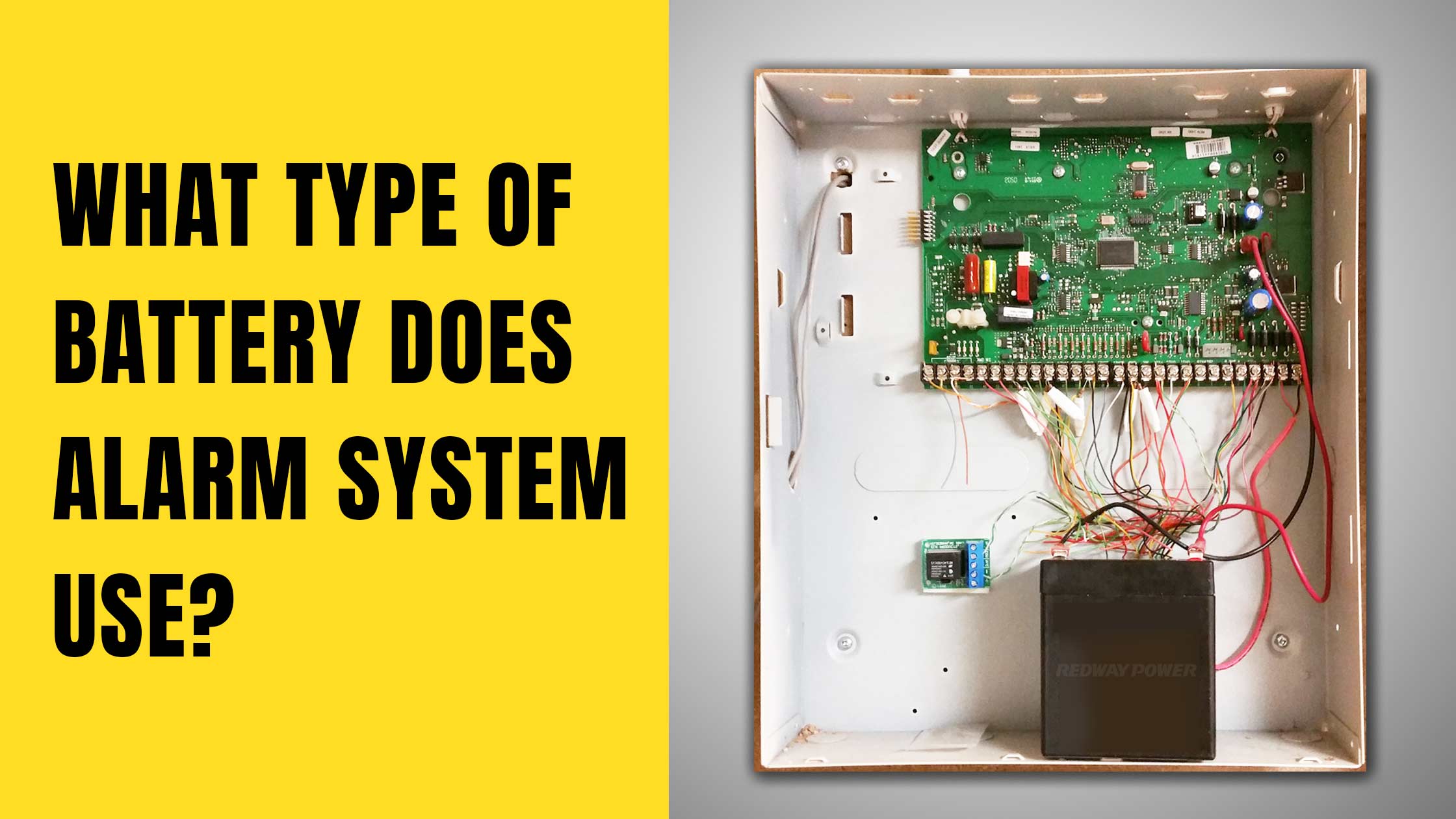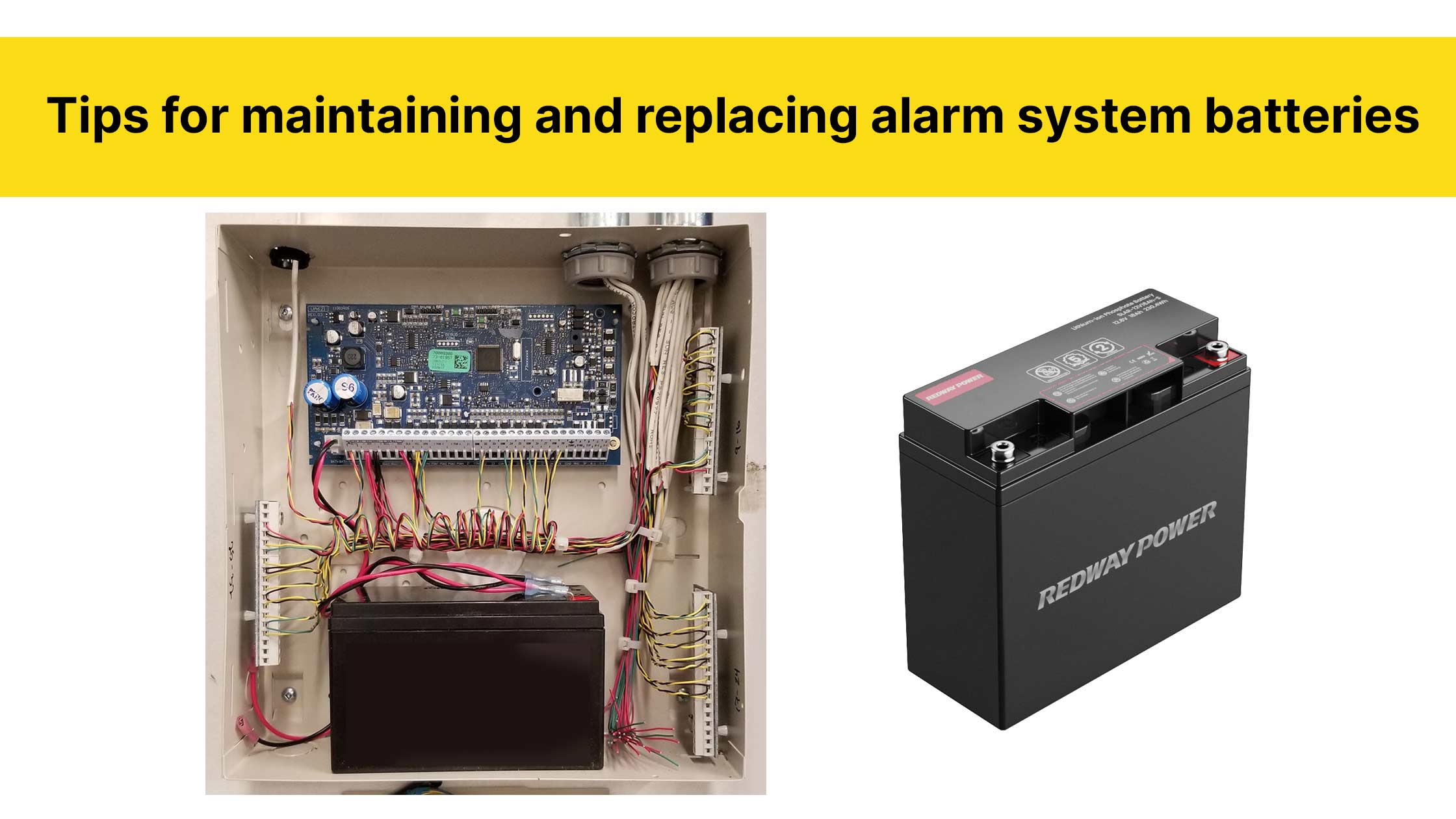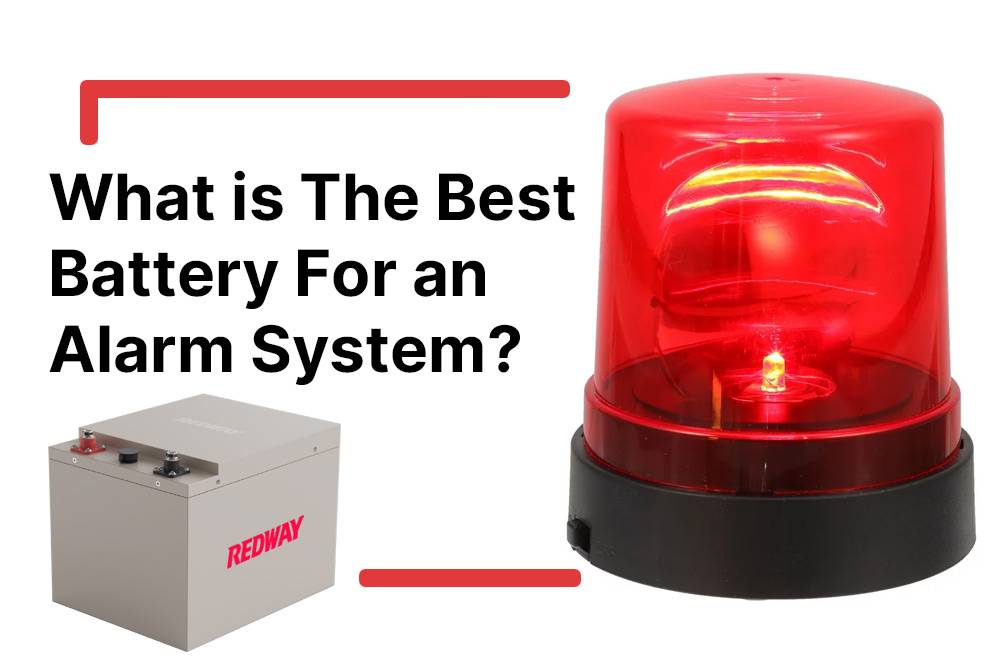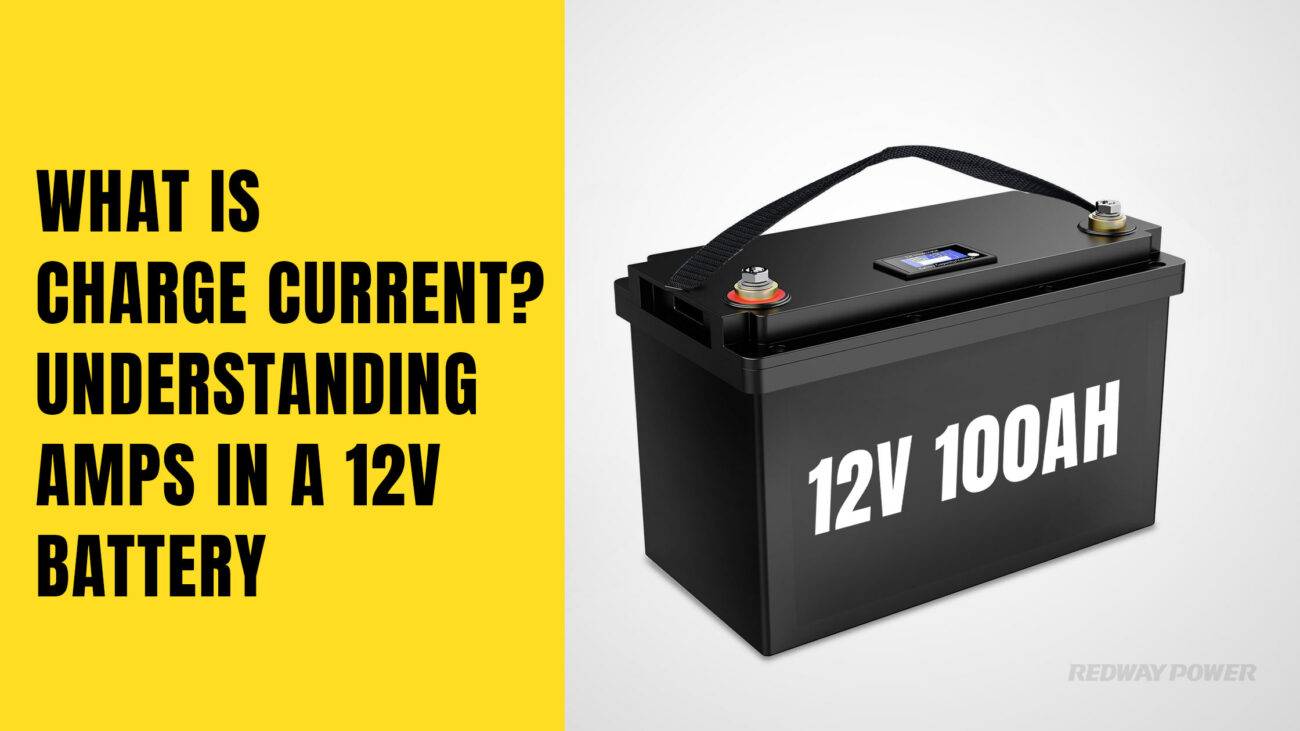- Rack-mounted Lithium Battery
- Golf Cart Lithium Battery
-
Golf Cart Lithium Battery
- 36V 50Ah (for Golf Carts)
- 36V 80Ah (for Golf Carts)
- 36V 100Ah (for Golf Carts)
- 48V 50Ah (for Golf Carts)
- 48V 100Ah (Discharge 100A for Golf Carts)
- 48V 100Ah (Discharge 150A for Golf Carts)
- 48V 100Ah (Discharge 200A for Golf Carts)
- 48V 120Ah (for Golf Carts)
- 48V 150Ah (for Golf Carts)
- 48V 160Ah (Discharge 100A for Golf Carts)
- 48V 160Ah (Discharge 160A for Golf Carts)
-
Golf Cart Lithium Battery
- Forklift Lithium Battery
- 12V Lithium Battery
- 24V Lithium Battery
- 36V Lithium Battery
- 48V Lithium Battery
-
48V LiFePO4 Battery
- 48V 50Ah
- 48V 50Ah (for Golf Carts)
- 48V 60Ah (8D)
- 48V 100Ah (8D)
- 48V 100Ah
- 48V 100Ah (Discharge 100A for Golf Carts)
- 48V 100Ah (Discharge 150A for Golf Carts)
- 48V 100Ah (Discharge 200A for Golf Carts)
- 48V 150Ah (for Golf Carts)
- 48V 160Ah (Discharge 100A for Golf Carts)
- 48V 160Ah (Discharge 160A for Golf Carts)
-
48V LiFePO4 Battery
- 60V Lithium Battery
-
60V LiFePO4 Battery
- 60V 20Ah
- 60V 30Ah
- 60V 50Ah
- 60V 50Ah (Small Size / Side Terminal)
- 60V 100Ah (for Electric Motocycle, Electric Scooter, LSV, AGV)
- 60V 100Ah (for Forklift, AGV, Electric Scooter, Sweeper)
- 60V 150Ah (E-Motocycle / E-Scooter / E-Tricycle / Tour LSV)
- 60V 200Ah (for Forklift, AGV, Electric Scooter, Sweeper)
-
60V LiFePO4 Battery
- 72V~96V Lithium Battery
- E-Bike Battery
- All-in-One Home-ESS
- Wall-mount Battery ESS
-
Home-ESS Lithium Battery PowerWall
- 24V 100Ah 2.4kWh PW24100-S PowerWall
- 48V 50Ah 2.4kWh PW4850-S PowerWall
- 48V 50Ah 2.56kWh PW5150-S PowerWall
- 48V 100Ah 5.12kWh PW51100-F PowerWall (IP65)
- 48V 100Ah 5.12kWh PW51100-S PowerWall
- 48V 100Ah 5.12kWh PW51100-H PowerWall
- 48V 200Ah 10kWh PW51200-H PowerWall
- 48V 300Ah 15kWh PW51300-H PowerWall
PowerWall 51.2V 100Ah LiFePO4 Lithium Battery
Highly popular in Asia and Eastern Europe.
CE Certification | Home-ESS -
Home-ESS Lithium Battery PowerWall
- Portable Power Stations
What Type of Battery Does an Alarm System Use?

Alarm systems rely on reliable power sources to ensure continuous operation, especially during power outages. Understanding what type of battery your alarm system uses is crucial for maintaining its functionality. This article covers the common types of batteries used in alarm systems, their differences, maintenance needs, and lifespan.
What types of batteries are commonly used in alarm systems?
Alarm systems typically use a variety of battery types, including:
- Sealed Lead-Acid (SLA) Batteries: These are the most common choice for alarm systems due to their reliability and low maintenance requirements. They come in various sizes and capacities.
- Nickel-Cadmium (NiCd) Batteries: Although less popular now due to environmental concerns, NiCd batteries provide good performance and are rechargeable.
- Nickel-Metal Hydride (NiMH) Batteries: These offer higher capacity than NiCd and are also rechargeable, making them a viable option for some systems.
- Lithium-Ion Batteries: Increasingly used in modern alarm systems due to their lightweight and high energy density, lithium-ion batteries provide longer runtimes and faster charging.
Chart: Common Battery Types for Alarm Systems
| Battery Type | Characteristics |
|---|---|
| Sealed Lead-Acid (SLA) | Reliable, low maintenance |
| Nickel-Cadmium (NiCd) | Good performance, rechargeable |
| Nickel-Metal Hydride (NiMH) | Higher capacity, rechargeable |
| Lithium-Ion | Lightweight, high energy density |
How do rechargeable batteries differ from standard batteries in alarm systems?
Rechargeable batteries differ from standard (non-rechargeable) batteries primarily in their ability to be reused multiple times:
- Cost Efficiency: Rechargeable batteries may have a higher upfront cost but save money over time as they can be recharged and reused.
- Environmental Impact: Using rechargeable options reduces waste compared to single-use alkaline batteries.
- Performance Consistency: Rechargeable batteries often maintain more consistent voltage levels throughout their discharge cycle compared to standard alkaline batteries.
Chart: Rechargeable vs. Standard Batteries
| Feature | Rechargeable Batteries | Standard Batteries |
|---|---|---|
| Cost | Higher initial cost, lower long-term cost | Lower initial cost, higher long-term cost |
| Environmental Impact | Reduced waste | More waste due to disposability |
| Voltage Consistency | More stable voltage during discharge | Voltage drops significantly over time |
Why is battery maintenance important for alarm systems?
Battery maintenance is critical for ensuring your alarm system operates effectively:
- Reliability: Regular checks help ensure that the battery is functioning properly when needed most, especially during power outages.
- Longevity: Proper care can extend the lifespan of your batteries, preventing premature failures and costly replacements.
- Safety: Maintaining your battery reduces risks associated with leaks or malfunctions that could compromise the security system.
Chart: Importance of Battery Maintenance
| Reason | Explanation |
|---|---|
| Reliability | Ensures functionality during outages |
| Longevity | Extends lifespan through proper care |
| Safety | Reduces risk of leaks or malfunctions |
What are the signs that an alarm system battery needs replacement?
Recognizing when it’s time to replace your alarm system’s battery can prevent issues:
- Diminished Performance: If the alarm system frequently fails to operate or has reduced functionality, this may indicate a failing battery.
- Frequent Low Battery Alerts: Receiving low battery notifications more often than usual suggests that the battery is not holding a charge effectively.
- Physical Damage: Signs of swelling or leakage around the battery compartment indicate that replacement is necessary.
Chart: Signs of Battery Failure
| Sign | Action Required |
|---|---|
| Diminished Performance | Replace with new compatible battery |
| Frequent Low Alerts | Check and possibly replace |
| Physical Damage | Dispose of damaged batteries safely |
How long do alarm system batteries typically last?
The lifespan of alarm system batteries can vary based on several factors:
- Type of Battery: SLA batteries generally last between 3 to 5 years, while lithium-ion options may last up to 10 years with proper care.
- Usage Patterns: Frequent use or high demand on the system can shorten battery life.
- Environmental Conditions: Extreme temperatures can negatively affect performance and longevity.
Chart: Lifespan Comparison
| Battery Type | Average Lifespan |
|---|---|
| Sealed Lead-Acid (SLA) | 3–5 years |
| Nickel-Cadmium (NiCd) | 2–5 years |
| Nickel-Metal Hydride (NiMH) | 3–5 years |
| Lithium-Ion | Up to 10 years |
Industrial News
The market for security solutions continues to evolve with advancements in battery technology that enhance the reliability and efficiency of alarm systems. Recent developments focus on integrating smart technologies that allow users to monitor battery health remotely and receive alerts about potential issues before they become critical. This trend aims to improve overall security while reducing maintenance costs.
Redway Power Insights
“Choosing the right type of battery for your alarm system is crucial for ensuring uninterrupted protection,” states Redway Power’s expert team. “By understanding each type’s advantages and maintaining them properly, you can significantly enhance your security setup’s reliability.”
FAQ Section
Q: Can I use any type of rechargeable battery in my alarm system?
A: No, it’s essential to use the specific type recommended by your manufacturer for optimal performance and safety.Q: How often should I check my alarm system’s battery?
A: It’s advisable to check your battery every six months to ensure it’s functioning correctly.Q: What should I do if my alarm system keeps alerting me about low battery?
A: Check the battery status immediately; if it appears old or damaged, consider replacing it with a new one.
















